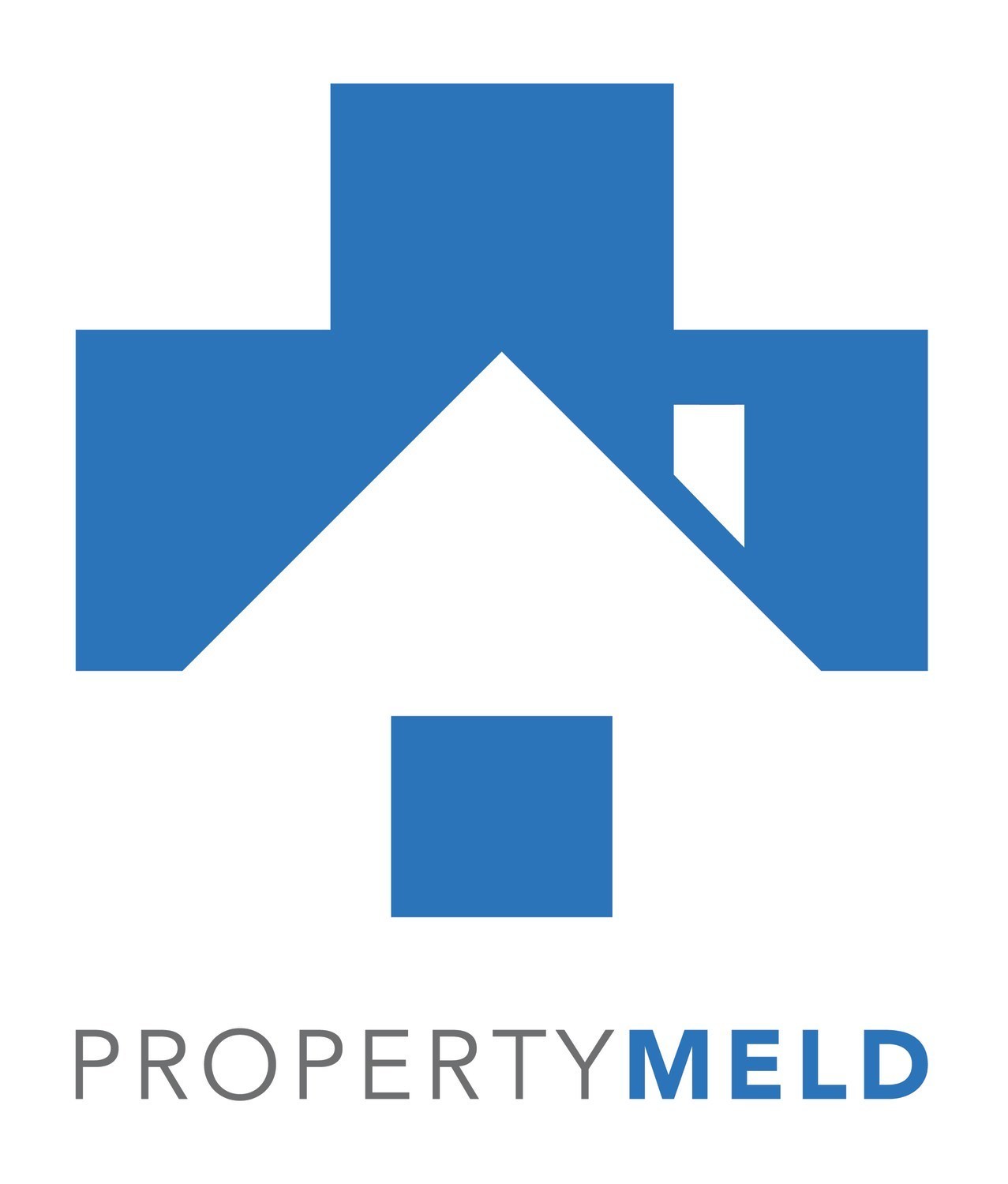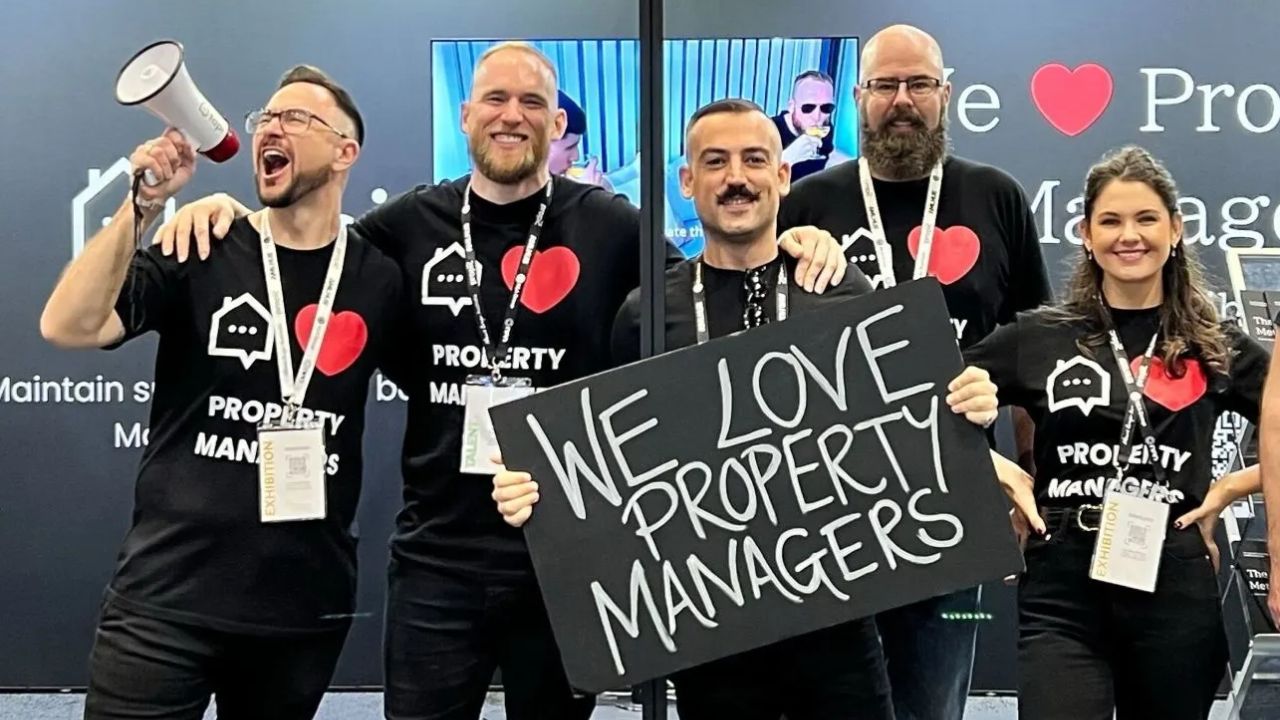Best Property Management Software of 2024

There are literally dozens of property management applications available. Some are cloud-based, while others are installed locally onto a computer or company’s network. Many of these applications cater to the needs of landlords or property managers handling specific types of residential or commercial properties and their respective tenants.
To choose the best property management software for your needs, first, determine what you require the software to do and what tasks you want to be more automated. Also, ensure compatibility with the other applications and the technology your business is already using.
“The more features your property management software has, the better. Ideally, you’ll get everything on a single platform,” explains Leonard Ang, the CEO of iProperty Management Leasing. “This will not only make your workflow much simpler, but it will also save you a lot in onboarding and training costs.”
Let’s take a look at 10 of the most important things to consider when choosing this type of application.
The Application’s Core Focus: Every PMS application focuses on different types of users and business needs, such as short- or long-term rentals, managing condos or HOAs, or managing commercial properties. Some are highly specialized, while others are much broader in terms of how the application’s functions and tools can be customized by individual users (i.e. landlords, property owners, and property managers).
Key Features and Functions: Each PMS application offers a core set of modules or feature tiers for handling tasks like finance/accounting, maintenance management, tenant management, managing vendors, online payments from tenants, contact management, reservations, and reporting.
“In my opinion, the four key features to seek out are security, multiple levels of users, communication channels so that notes about units, guests, and owners are organized in an efficient manner, and automations that make everyone’s life easier,” says Chris Engelsman, director of marketing at the vacation property management company All Seasons Resort Lodging. “People can best use property management software to make sure all of their teams are working in unison and have current info for each property, guest, and owner.”
Ease of Use and Its User Interface: Choose a PMS application that’s easy to use and offers a simple and intuitive interface that key personnel will be able to operate with the least amount of training and ongoing support possible. Meanwhile, if the application allows tenants to access the system to submit maintenance requests or pay rent, this interface needs to be readily accessible, as well as quick and easy to use.
Accounting and Finance Tracking Capabilities: While many PMS applications have integrated bookkeeping, accounting functionality, and financial reporting capabilities, make sure the application you select integrates with any other accounting application you already use. This is important even if you plan to migrate all of your bookkeeping and accounting tasks to the PMS application, as you want all of your existing data to seamlessly be able to transfer between applications as needed.
Management of Maintenance Requests and Scheduling: Again, when choosing a PMS application to handle specific tasks, make sure the software is compatible with your current workflow and the needs of your key personnel, vendors, and/or tenants.
Reporting Tools: The best PMS applications offer a wide range of reporting tools, like expense, income, and profitability tracking for any selected time frame. Reports should provide the information you need in a format that’s easy to understand and visually appealing.
Scalability: Be sure to select PMS software that’s able to seamlessly scale to your needs.
Integration and Compatibility: Most businesses rely on a wide range of applications to handle core operations and management. Data should be able to sync or be easily transferred between the applications you use.
Pricing: The cost of utilizing property management software varies greatly. When choosing the right application for your business, make sure you’re not being forced to pay for features and functions you don’t need.
Integrated Security, File Management, and Data Protection: Data security and encryption, client privacy, and secure file management should all be major concerns. Determine exactly how the PMS application you select handles these and other security-related issues before you start relying upon it.
“Anytime you’re dealing with personal data, especially financial data, security is paramount,” says Shri Ganeshram, a seasoned real estate expert and CEO of Awning.com. “It’s a two-fold challenge: protecting against external breaches and ensuring the software itself isn’t misusing the data. Always opt for software with strong encryption, regular audits, and a clear privacy policy.”
link







